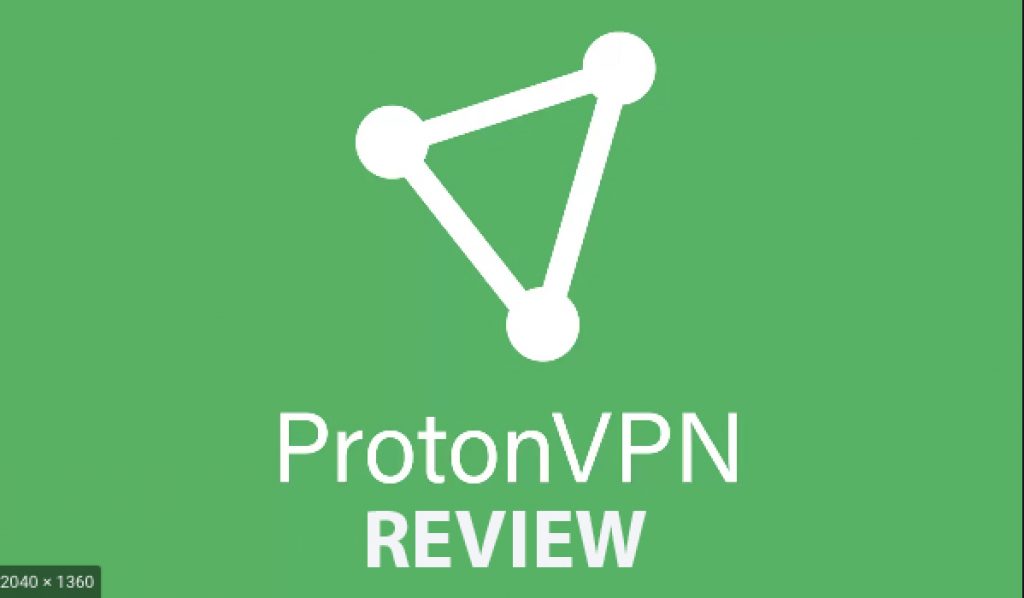

WireGuard protocolĪs mentioned, both Surshark and ProtonVPN use the WireGuard protocol as they identify it as the fastest. That’s not too bad, considering you only need 3Mbps for video calls and 30Mbps for browsing. Both VPN services also say that in most locations, their server speed can reach 10Gbps. Surfshark and ProtonVPN servers offer a speed of at least 1Gbps. Have you ever heard of Gbps (gigabits per second) or Mbps (megabits per second)? These measurement units indicate your internet speed. But let’s press the brake pedal and learn how the VPN speed is measured. Wouldn’t that be amazing? While your VPN connection speed defeating Chick Hicks would be a unique conversation starter, VPN and car speeds are measured differently (obviously). Imagine your internet connection was as fast as Lightning McQueen when connected to a VPN. Surfshark and ProtonVPN guarantee strong and unbreakable encryption to protect your online activities and data. So doubling the number of bits to add that extra layer of protection brings one drawback - speed. The length of the key affects how much processing is required to read it by the server. The RSA-2048 bit key would take approximately 300 trillion years for an ordinary conventional computer to crack. ProtonVPN uses a 4096-bit version of the RSA (Rivest-Shamir-Adleman) encryption key, but the 2048-bit version is already secure enough. Hence, some consider the latter to be faster, although the differences in speed and complexity are minor. Data encryptionĪlong with AES-256 encryption, Surfshark and ProtonVPN go hand in hand and use ChaCha20 encryption for the WireGuard protocol.īoth encryptions are very similar, but the main difference is that AES-256 divides data into blocks, whereas ChaCha20 ciphers each bit of data separately. Both providers offer the same VPN protocols, Kill Switch, and use robust AES-256 (Advanced Encryption Standard) encryption. Encryptionįrom VPN protocols to data encryption, you can see that most of the security features between Surfshark and ProtonVPN are similar. Also, both VPN providers ensure that your DNS requests will be handled by their private DNS so no one can access them in an unencrypted format. They both offer WireGuard, OpenVPN, and IKEv2. There is no crucial difference regarding VPN protocols and DNS (Domain Name System) status when comparing Surfshark and ProtonVPN.


 0 kommentar(er)
0 kommentar(er)
